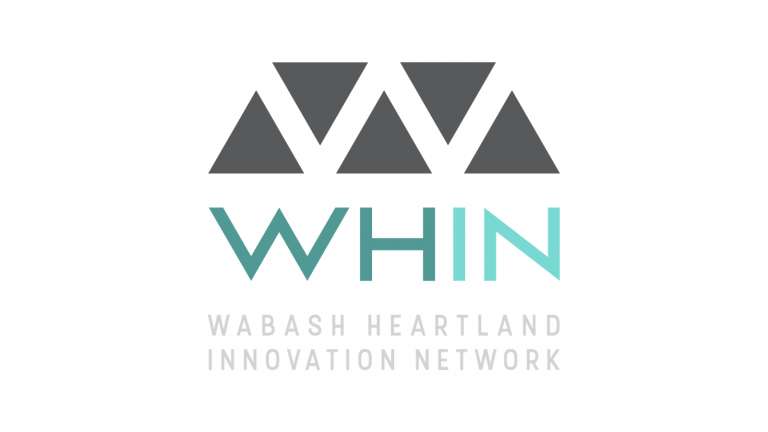Wabash Heartland Innovation Network has allocated two million dollars to the school corporations in the 10-county WHIN region to provide broadband solutions for students who do not have adequate access to the internet for schoolwork, according to information from the network.
The allocation is the first of a three-year, six-million-dollar project to improve student connectivity in the region. North Central Health Services is a partner in the initiative.
“WHIN is committed to helping the Wabash Heartland become the most connected rural region in the state,” says WHIN CEO, Johnny Park. “Even when students are in class in person, they need online access outside of school for homework, projects, and school-related activities.”
“Internet availability and connectivity are challenges that have long plagued rural school corporations and are issues that were magnified by the need for virtual learning opportunities during the pandemic,” says Dr. Shawn Greiner, Superintendent of Southmont Schools, one of the school corporations receiving an allocation. “We are grateful for this grant opportunity to help our students thrive and succeed, regardless of where they live.”
Schools may use their allocations to provide plans to students that are compatible with their school-issued Chromebooks and iPads. In the short run, that can include personal hotspots. The funding is also available for teachers who do not have adequate access to prepare and conduct lessons from home.
“All students and teachers should be able to stream videos and participate in video conferencing,” says WHIN VP of Broadband Partnerships, Greg Jarman. “In or out of a crisis like the COVID-19 pandemic, virtual platforms are here to stay.
WHIN’s long term broadband strategy includes helping school corporations find more permanent, network-based solutions.
“We look forward to working with the region’s school corporations to understand their needs,” says Jarman. “We can help connect them with the latest, most innovative broadband technology so that students have the safe, filtered access they need.”
WHIN VP of Engagement, Pat Corey says that school corporations were very responsive to the initiative.
“We know there are at least 1,000 students that WHIN will be able to help immediately,” says Corey. “The funds can continue data plans for students on grants that are expiring and can help students who either have no access presently or whose access does not support video streaming.
The funds can also be used for students who have an economic need. “We know households have been hit hard by the COVID-19 pandemic,” says Corey.
The funds will be administered by school corporations, who will identify participating students and teachers.
“Every school corporation is different,” says Corey. “Some have a lot of need; others have been able to find workarounds. We want to meet them where they are, on the timetable that works for them.
Learn more about WHIN’s E-Learning Initiative here: whin.org/e-learning/
SOURCES: Alivia Roberts, Marketing and Communications Manager, Wabash Heartland Innovation Network (WHIN): [email protected]; Jason Tennenhouse, VP Strategy and Design, Wabash Heartland Innovation Network (WHIN): [email protected], and Pat Corey, VP of Engagement, Wabash Heartland Innovation Network (WHIN): [email protected].
ABOUT WHIN: WHIN is an innovative nonprofit organization devoted to making the 10-county Wabash Heartland region of north-central Indiana the global epicenter of digital agriculture and next-generation manufacturing empowered by smart IoT technology.
ABOUT NCHS: This project was made possible in part by grant support from North Central Health Services (NCHS). NCHS has a primary responsibility to operate River Bend Hospital, a nonprofit inpatient psychiatric hospital licensed and certified by the Indiana FSSA Division of Mental Health and Addiction. NCHS also is a grantmaking organization providing primarily capital grants to 501(c)(3) organizations that share the NCHS commitment to health and the development of healthy communities in Benton, Carroll, Clinton, Fountain, Montgomery, Tippecanoe, Warren, and White counties.

